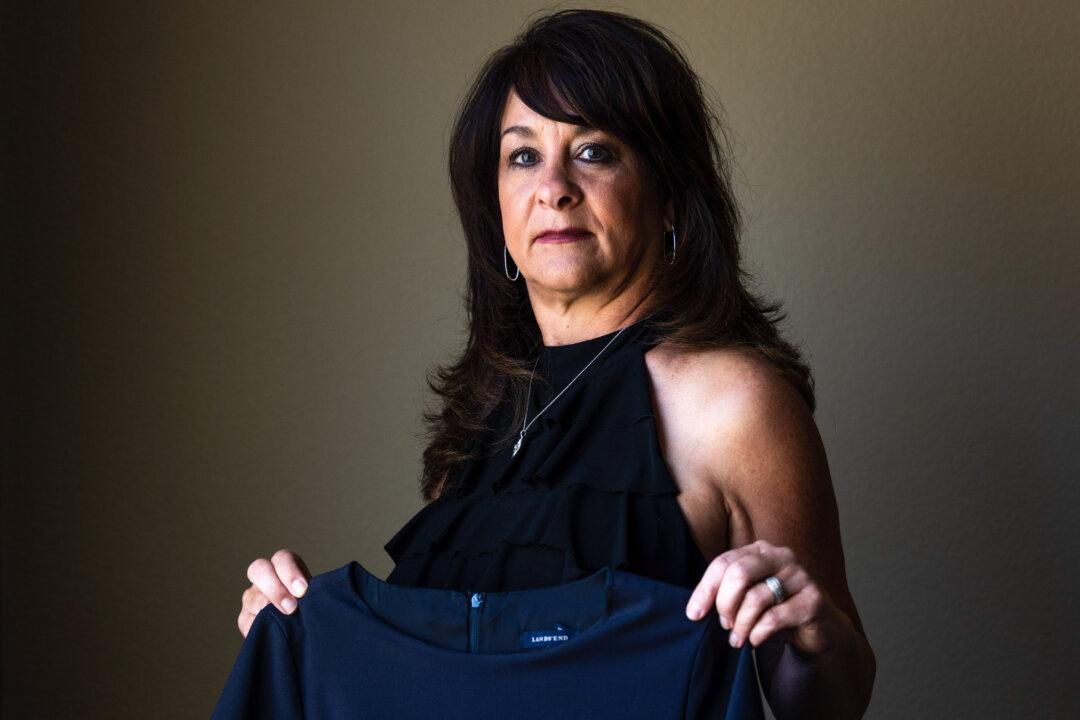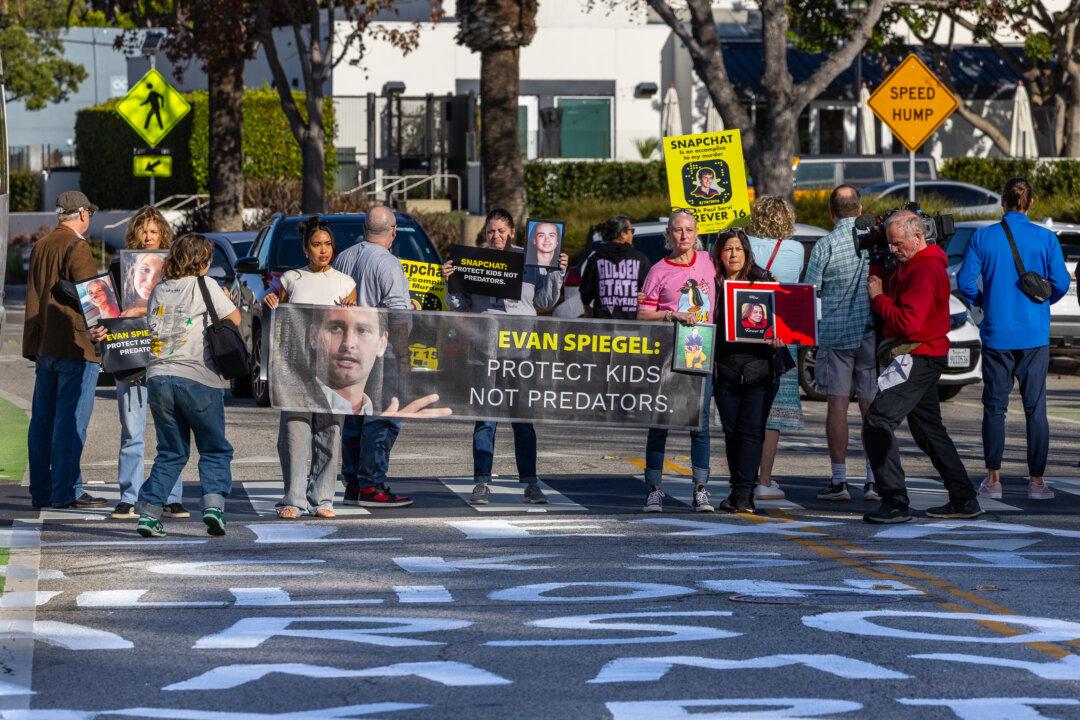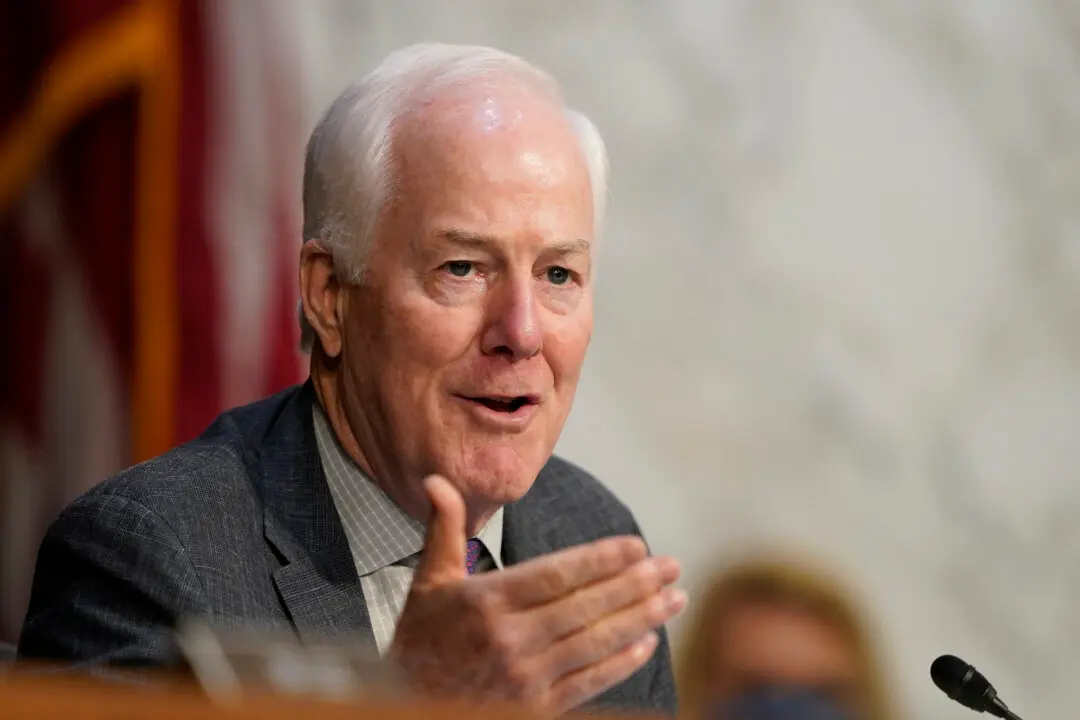An appeals court has upheld the primary wrongful-dismissal and rights-violation claims of flight attendant Charlene Carter, who won back her job after Southwest Airlines fired her for expressing pro-life views. However, part of the case is heading back to the Texas trial court that originally decided in her favor.
The latest decision in Carter’s case, which she has been fighting for eight years, came from the Fifth Circuit appeals court in New Orleans on May 8.
A three-judge panel agreed with a Texas jury’s 2022 verdict holding the airline and Carter’s union, Local 556 of the Transport Workers Union of America, responsible for violating her religious rights. Carter said her pro-life, Christian views compelled her to speak out against the union’s involvement with a pro-abortion group.
In the 63-page decision, the appellate panel refused to grant a new trial, which the airline and union had sought. In addition, Carter prevailed on all issues that the jury decided against the union. Jurors correctly found that the union breached its duty to protect Carter and worked to get Carter terminated for social media posts, the appellate court said.
Evidence also proved the airline illegally discriminated against Carter’s religious-based actions, the court said, but disagreed with another point that the jury decided.
The appellate judges explained how they reached that decision. They said federal law required them to analyze Carter’s actions separately from her beliefs.
In doing so, the appeals court found that many other Southwest employees also held “pro-life, Christian beliefs,” similar to Carter’s, but didn’t face discrimination. Therefore, the appeals count concluded that the airline illegally discharged Carter for “actions she took in furtherance of her religious beliefs” but not because of Southwest’s “alleged hostility toward those beliefs.”Therefore, the appeals court sent that aspect of the case back to the Texas trial court, with instructions “to enter judgment for Southwest” on that point.





